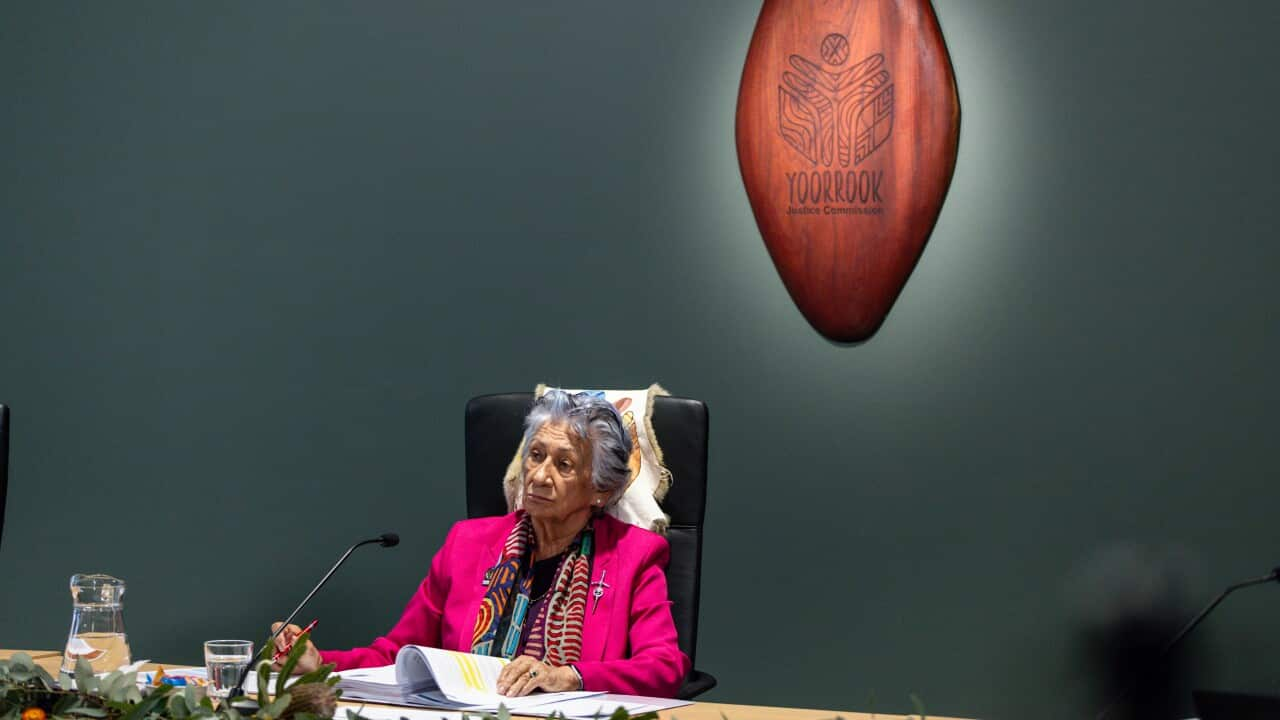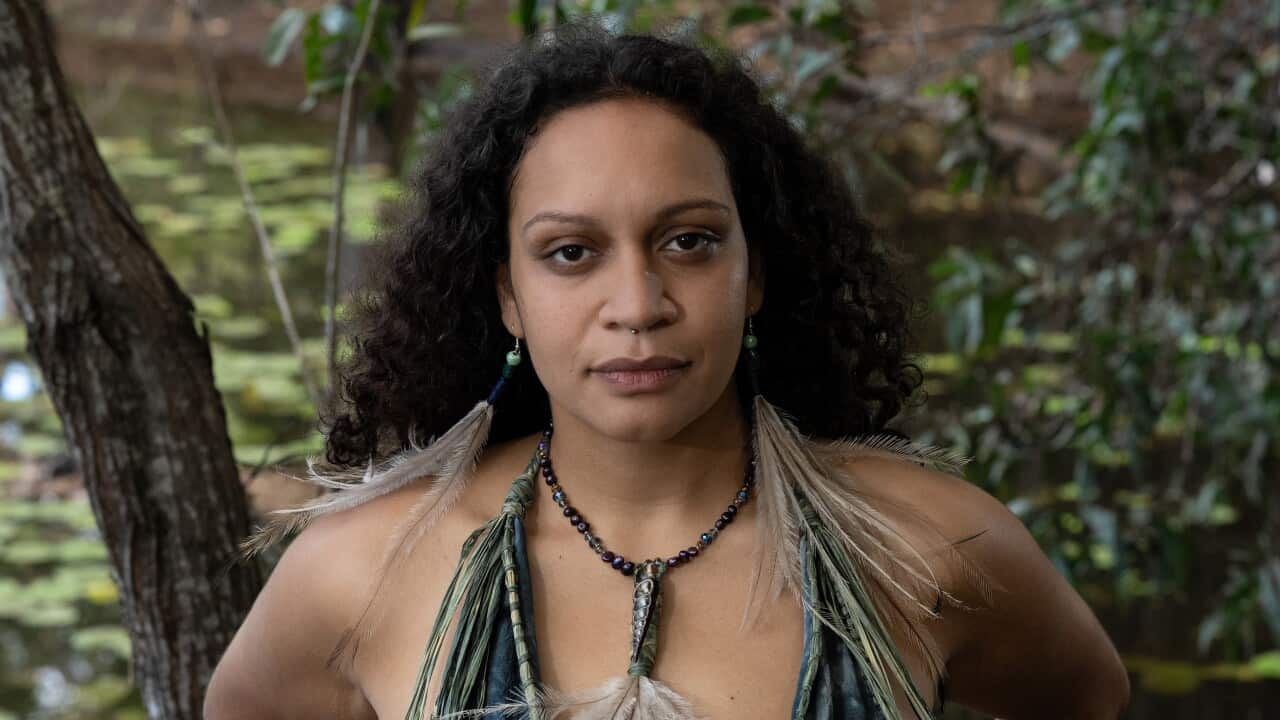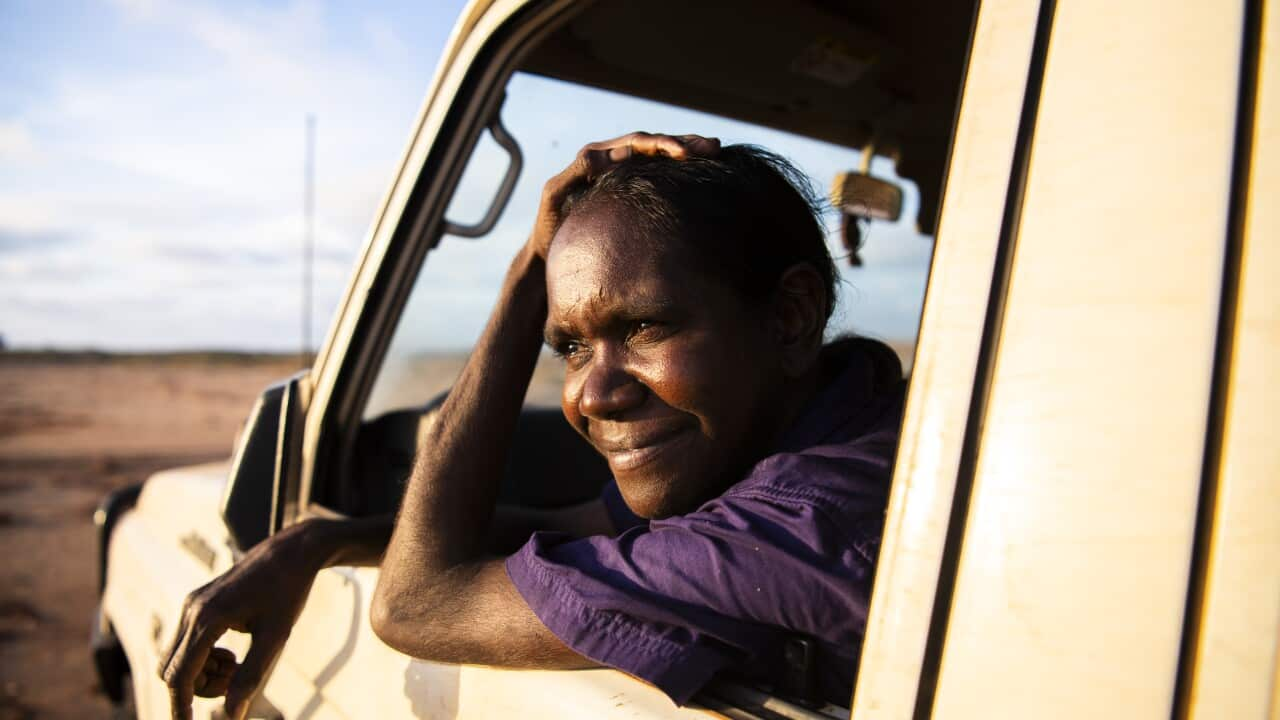Australia is grappling with the reality of climate change, with 2024 proving to be the hottest year on record and calls on the government for stronger climate protection laws.
for a significant oil spill by Santos was criticised as evidence of the lack of genuine accountability among Australia's biggest corporations for their environmental impacts.
Amidst this growing crisis, Indigenous leaders like Rebecca Blurton, Managing Director at First Nations Affairs, are calling for urgent action, with a focus on empowering Indigenous businesses and communities to play a central role in driving climate solutions.
Ms Blurton, a Ballardong Noongar advisor working with climate-focused organisations, is advocating for economic self-determination and more effective Indigenous economic policies.
The role of the Indigenous economy in climate action
Ms Blurton underscores the critical role that First Nations communities can play in tackling climate change.
“As the oldest living custodians and carers of Country, First Nations peoples are well positioned to lead with traditional practices, sustainable businesses that maximise impact, and shape on-the-ground initiatives for success with First Nations governance approaches,” Ms Blurton explains.
She highlights that supporting the Indigenous economy is about much more than just creating businesses for Indigenous people.
Instead, it's about recognising the complex, multifaceted benefits of economic self-determination, including the ability for communities to manage land and businesses in ways that respect traditional knowledge.
“Economic self-determination in climate action looks like First Nations-led policy changes and adaptation efforts that reflect First Nations governance, caring for Country, and respecting our traditions.
Collaboration with First Nations entrepreneurs to drive climate outcomes
Ms Blurton says there's a need for policy reform and better support for Indigenous entrepreneurs, calling out the gap in support for Indigenous entrepreneurs and businesses.
“Sophisticated Indigenous economic policies, supported by data and metrics, would enable evidence-based solutions and foster meaningful, sustainable change,” she said.
She also points to the lack of representation and inadequate partnerships that prevent effective implementation of policies designed to empower First Nations communities.
"More emphasis needs to be placed on localisation and direct partnerships, prioritising respect for lived experiences and sovereignty."
With the federal election approaching and the potential for Australia to host COP31, Blurton emphasises that now is the time for action.
“Now is the time for partnership, collaboration, and co-design,” Ms Blurton says.
She points to initiatives like the , which could facilitate collaboration and capacity-building for First Nations-led climate action.
“There’s a huge opportunity for the government to collaborate with First Nations leaders and communities to drive climate outcomes,” she says.
“Australia already hosts many great climate initiatives—we just need better efforts to build confidence and capability and create space for Indigenous leadership in these spaces.”
A call to action: acknowledge 65,000 years of traditional knowledge
Ms Blurton's message is clear: First Nations communities have 65,000+ years of experience in caring for Country, and their insights must be heard at all levels of government, industry, and advocacy.
She urges non-Indigenous people to actively listen to and support Indigenous voices, rather than continuing to impose top-down solutions that ignore Indigenous governance.
“We need to provide space for Indigenous people to be heard and respected,” she says.
Looking ahead, Ms Blurton calls for tangible steps from all sides of government to ensure that policies reflect the value and wisdom of First Nations communities.
“Action is required now.
“We need greater leadership, strategic investment, sophisticated policy, and inclusive program design to ensure Australia’s future is secure and equitable for all.”
As climate change accelerates, the need for immediate and proactive action has never been more urgent.






